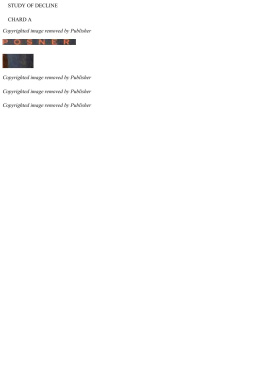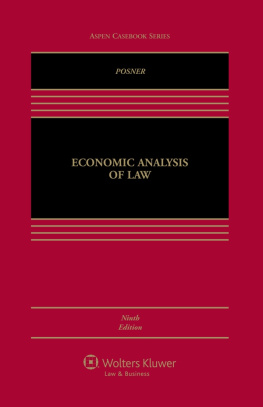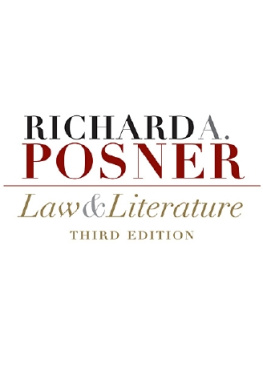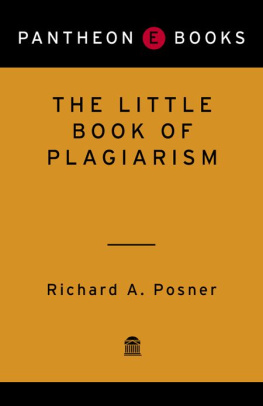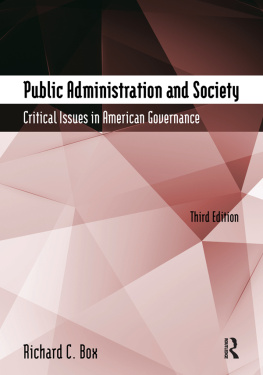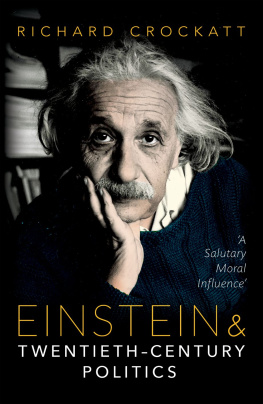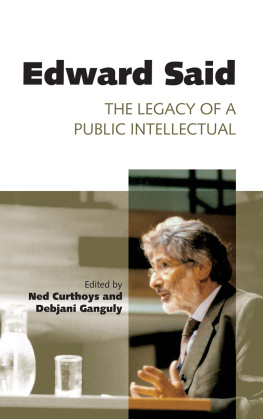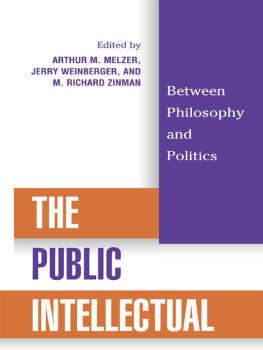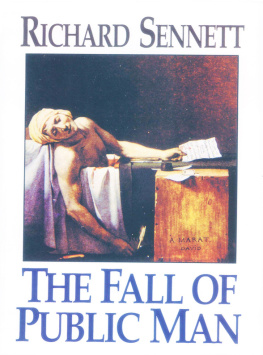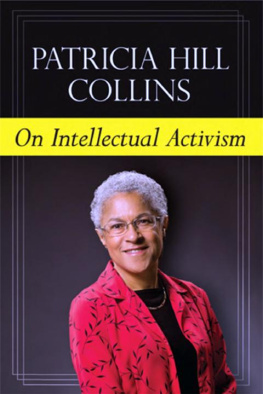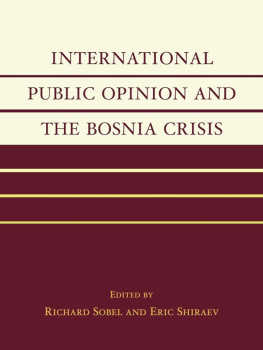STUDY OF DECLINE
CHARD A
Copyrighted image removed by Publisher
Copyrighted image removed by Publisher
Copyrighted image removed by Publisher
Copyrighted image removed by Publisher


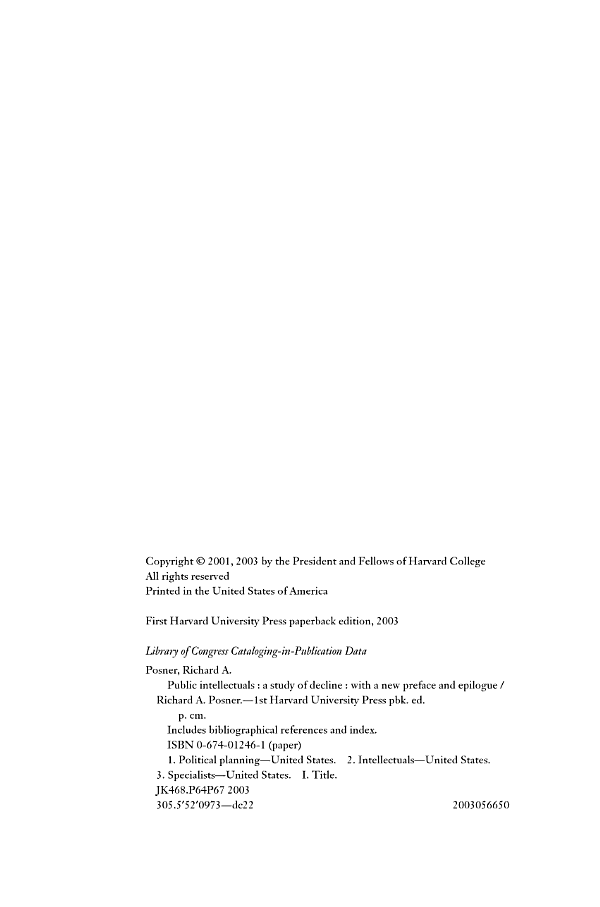
Preface, 2003
The hardback edition of this book was published in 2001, but the book had been substantially completedthe statistical analysis entirely so in 2000. The book was widely reviewed, with notable lack of sympathy for my undertaking and with numerous misunderstandings (mostly concerning my statistical analysis) that I am happy to have the opportunity to try to dispel in the Epilogue that I have added to this paperback edition. In addition, three events that occurred after the book was substantially completed (the second after the book was in page proof and could no longer be revised at all, and the third after the book was published)the deadlocked Presidential election of 2000, the terrorist attacks of September 11, 2001, and the controversy over whether to invade Iraqevoked an outpouring of public intellectual commentary that provides a further opportunity to test hypotheses advanced in the book.
The Epilogue recapitulates, with some refinements and enrichment, the basic argument of the book, which concerns the market for public intellectuals. It also discusses the public intellectual reaction to the election deadlock, to the terrorist attacks, and to the run-up to the invasion of Iraq, and presents and defends a revised and expanded set of statistics concerning public intellectual activity.
Introduction
This made [Arthur] Koestler an uncomfortable presence, who
brought disruption and conflict in his train. But that is
what intellectuals are for.1
The correspondence between the decline of the great public
intellectuals and the resurrection of the professors is
thus no mere coincidence.2
This book reflects a long-standing interest of mine in the phenomenon of academics writing outside their field or, what often turns out to be the same thing, writing for a general audience. But it has more immediate stimuli as well. One is the discussion, in my book on the Clinton impeachment fiasco, of the contemporaneous public commentary on that remarkable episode by philosophers, historians, and law professors.3 The commentary was of surprisingly low quality on the whole, but I made no effort in my book to account systematically for this surprising fact. Second, a review I did for the New York Times of public intellectual Gertrude Himmelfarbs book on the crisis (as she sees it) of contemporary American society4 provoked a surprising number of comments, many positive. It had struck a chord and led my longtime editor at Harvard University Press, Michael Aronson, to suggest that I attempt a fuller analysis of the deficiencies, as they seemed to me, in the treatment of political and social questions by public intellectualsintellectuals who opine to an educated public on questions of or inflected by a political or ideological concern.
1. Tony Judt, The Believer, New Republic, Feb. 14, 2000, pp. 40, 4647.
2. Tony Judt, Past Imperfect: French Intellectuals 19441956 297 (1992).
3. Richard A. Posner, An Affair of State: The Investigation, Impeachment, and Trial of Presi dent Clinton 199216, 230245 (1999). Some of this discussion appears in revised form in Chapters 3 and 10 of this book.
4. Richard A. Posner, The Moral Minority, New York Times Book Review, Dec. 19, 1999, p. 14, reviewing Gertrude Himmelfarb, One Nation, Two Cultures (1999).
The third event that stimulated this book was my appointment in November 1999 to mediate the Microsoft antitrust case, which had drawn a raft of public commentary from economists and law professors. When I got into this extremely complex case I realized that most of the commentary by this segment of the public intellectual community, to the extent disinterested,5 reflected only a superficial engagement with the facts; it was little better than kibitzing.
But when I first began to think about the general subject of the public intellectual, I found myself at sea. The subject seemed formless the term itself, public intellectual, undefined; the activities of public intellectuals, whoever they were exactly, too heterogeneous to be squeezed into a common analytical framework; the nature of the medias and the publics interest in public-intellectual work unclear; the borders between that work and other cultural domains such as journalism, politics, and scholarship hazy; problems of measurement and evaluation insoluble. The world of public intellectuals seemed, in short, random and chaotic. But as my thinking and research progressed, the subject began to assume a manageable shape. The term public intellectual could, I found, be defined in a way that would demarcate a coherent albeit broad body of expressive activity. Different genres of public-intellectual work so defined, some with surprisingly rigid conventions, could be described. Secular trends and demographic patterns became discernible, along with possibilities for measurement and for objective evaluation. Public-intellectual work could be seen as constituting a market and a career and could be analyzed in economic and sociological terms and compared with other markets and other careers. Reliable judgments about itnot all negative, eitherbegan to seem possible.
The fuller study that informs this book reveals that public-intellectual work indeed has a structure, has patterns and conventions, is coherent and intelligibleyet part of that structure turns out to be an absence of the quality controls that one finds in other markets for goods and services, including the market for academic scholarship. The consequence is a striking variance in the quality of public-intellectual work, coupled with a low average qualitylow, and maybe falling, though it would be more precise to say that public-intellectual work is becoming less distinctive, less interesting, and less important.
5. Some of the commentators were in the pay of Microsoft or its competitors.
No blanket condemnation of the modern public intellectual, academic or nonacademic, is intended or would be warranted, however. Distinguished representatives of each group will be found in Chapter 5s list of the hundred most prominent public intellectuals (along with a number of the distinguished dead) as measured by frequency of mentions in the popular media, an undiscriminating measure from the standpoint of intellectual distinction but a good indicator of which public intellectuals have the publics ear. Some of these modern public intellectuals, such as Henry Kissinger, Patrick Moynihan, Robert Solow, Milton Friedman, Gary Wills, and James Q. Wilson, are distinguished ornaments of American public life.6 Yet intellectual quality may not even be the most valuable attribute of public intellectuals. Public-intellectual goods, I shall argue, are entertainment goods and solidarity goods as well as information goods; and I am not such a killjoy as to disparage intellectuals for entertaining an audience (I am more dubious about solidarity building). Information, moreover, must be understood broadly to include the work of public intellectuals in clarifying issues, exposing the errors of other public intellectuals, drawing attention to neglected issues, and vivifying public debate. Nor is it clear how many other markets in symbolic goods would display fewer signs of market failure than the public-intellectual market if subjected to the same close and critical scrutiny that this book attempts, or that market failure is even a correct characterization of this market. But as William Blake said, bless relaxes, damn braces, so my emphasis is critical rather than celebratory. And there is much to criticize.

